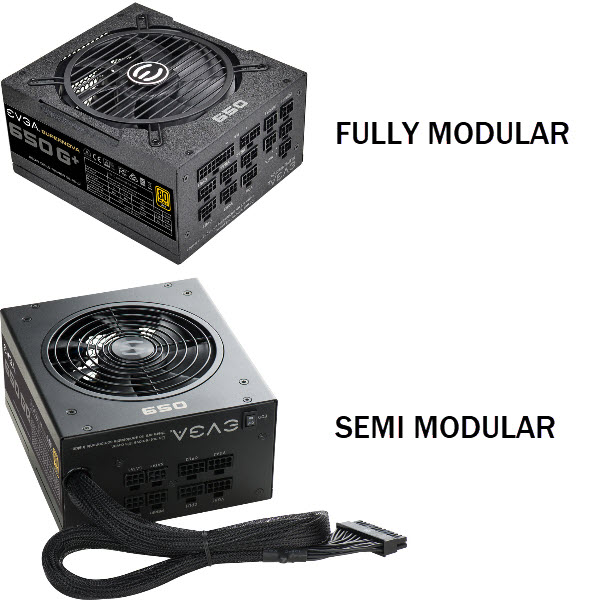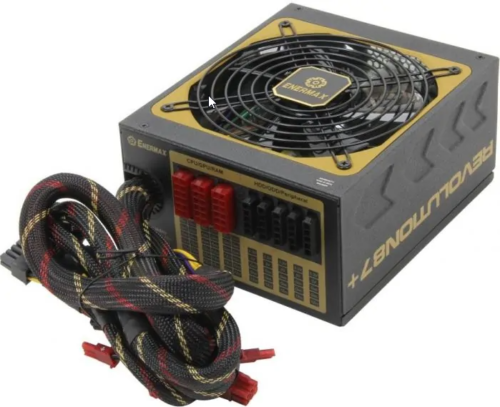Hi dear friends.
How to select compatible power supply for my pc? I have 2 questions:
1- There are different in sockets for connect to mainboard or all sockets are similar?
2- 330 Watt is enough or I must use 480 watt? how to select it?
I have these hardwares:
CPU : i5-8400
Motherboard : ASUS H370 TUF Pro Gaming
Graphic Card : None (I use CPU as GPU)
Ram : 16GB
SSD : 256GB
DVD : 1
How to select compatible power supply for my pc? I have 2 questions:
1- There are different in sockets for connect to mainboard or all sockets are similar?
2- 330 Watt is enough or I must use 480 watt? how to select it?
I have these hardwares:
CPU : i5-8400
Motherboard : ASUS H370 TUF Pro Gaming
Graphic Card : None (I use CPU as GPU)
Ram : 16GB
SSD : 256GB
DVD : 1




